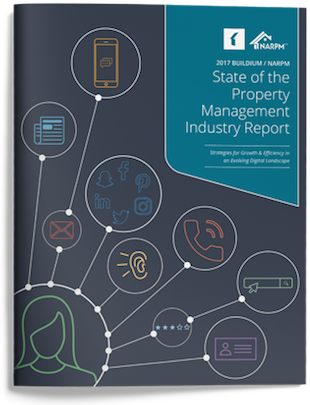What’s the deal with security deposit laws in West Virginia?
A security deposit is a critical piece of the puzzle when it comes to protecting yourself as a landlord. Without it, you could face nightmares like tenants who skip town without paying rent or severely damage to your property.
As a landlord, you can easily find yourself embroiled in a legal dispute with a former tenant if you don’t follow proper procedures and customs related to the security deposit. This is increasingly an issue in West Virginia, where legal services at the state’s biggest universities report that their caseload is overwhelmed by students claiming they never got their security deposits back. Some students argue that once they move away from the college area, it’s easier for landlords to risk keeping the entire security deposit because there’s a smaller chance that the student will go to court over it.
Of course, students don’t have the best reputation for upkeep, so it’s possible that not all of these cases are because of shifty landlords. Regardless, knowing your rights and responsibilities is important to minimize legal disputes and potential negative press about your properties.
Read on to learn about specific security deposit rules in West Virginia.
Do landlords need to charge tenants a security deposit in West Virginia?
No, but the vast majority of residential leases in West Virginia include a security deposit. It’s recommended that you use a security deposit to increase the chances that the tenant will uphold his or her rental payments and level of care towards your property.
What are the limits on rental deposits in West Virginia?
There are no statutory limits about security deposits at the state level, but a county or city might have limitations on what a landlord could charge.
However, whatever you charge should be considered reasonable for your area. For example, if you have prospective tenants in Morgantown, near the University, you may want to charge one month’s rent as a security deposit.
Do landlords need to provide a receipt for a security deposit?
No, landlords in West Virginia are not required to provide notice of receipt of the security deposit. It may be a good idea to do so anyway. Many landlords use the lease as a notice of receipt.
Does the money need to be kept in a separate account to allow it to accrue interest?
No, the money does not have to be kept in a separate account or accrue interest.
What can security deposit money be used for?
- Unpaid rent
- Fees for late rent
- Unpaid utility bills
- Damage beyond normal wear and tear
- Reasonable costs for removal and storage of tenant property
What is the deadline to return a security deposit in West Virginia?
The security deposit (minus any costs incurred for cleaning or repairs, if applicable) must be returned to the renter no later than 60 days from the date the tenancy is terminated. If the damage goes beyond the amount of the security deposit and a contractor is required to repair it, the notice period extends by 15 days.
Do landlords need to notify renters of security deposit money used to fix damages?
Yes, the landlord is required to provide notice about repairs that go beyond the amount of the security deposit. The landlord is also required to keep a record of deductions from the general security deposit.
Where can I learn more about West Virginia Security Deposit laws?
If you have any questions, or think you may want to learn more about security deposit laws in West Virginia, please consult a lawyer.
Resources:
You may also be interested in:
Disclaimer: The materials on this database provide general information related to the law and are intended to provide a layman’s summary of the law. The information provided does not constitute legal advice and the manager of this database is not a law firm. These materials are intended, but cannot be promised or guaranteed to be current, complete or up-to-date. All of the information offered are intended for general informational purposes only. You should not act or rely on any of the information contained on this database without first seeking the advice of a qualified attorney.

